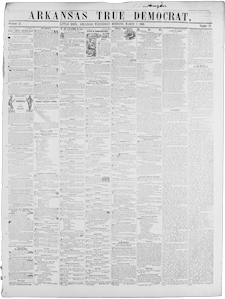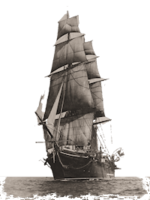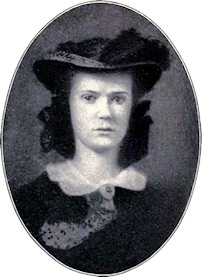April 8, 1863, The New York Herald
There is nothing new from the Army of the Potomac. The snow has disappeared, but the roads are in a frightful condition.
By an arrival from Hilton Head we learn that the town of Jacksonville, Florida, was burned by the Union forces under Colonel Rust, in return for the attempt of the rebels to shell it and murder all the Union inhabitants.
The bread riot which took place in Richmond on Thursday is very significant of the condition to which rebeldom is reduced. If the people of that city are compelled to break open the public stores to obtain bread, what must be the state of the inhabitants of those districts which produce but little food and raise mainly cotton or tobacco? Virginia is the most fruitful grain raising State in the South, and is the Eastern portion of what Tennessee and Kentucky are to the West, and if the want of food manifests itself in such a demonstrative fashion as to bring out a hungry mob of three thousand women into the streets of the capital, we can readily imagine how dire must be the distress existing in the other States.
We learn by despatches from Nashville, dated yesterday, that General Mitchell, with three hundred and fifty cavalry, went out on the Lebanon poke to Green Hill, and dashing into a rebel camp, where there was a large number of conscripts, on the sabre charge, he took fifteen prisoners, killed five and captured all their arms, horses and equipments.
General Rosecrans’ despatches to the War Department, under date of Monday, state that General Stanley completely whipped the rebel guerillas of Morgan at Snow Hill, capturing about fifty prisoners and three hundred horses.









